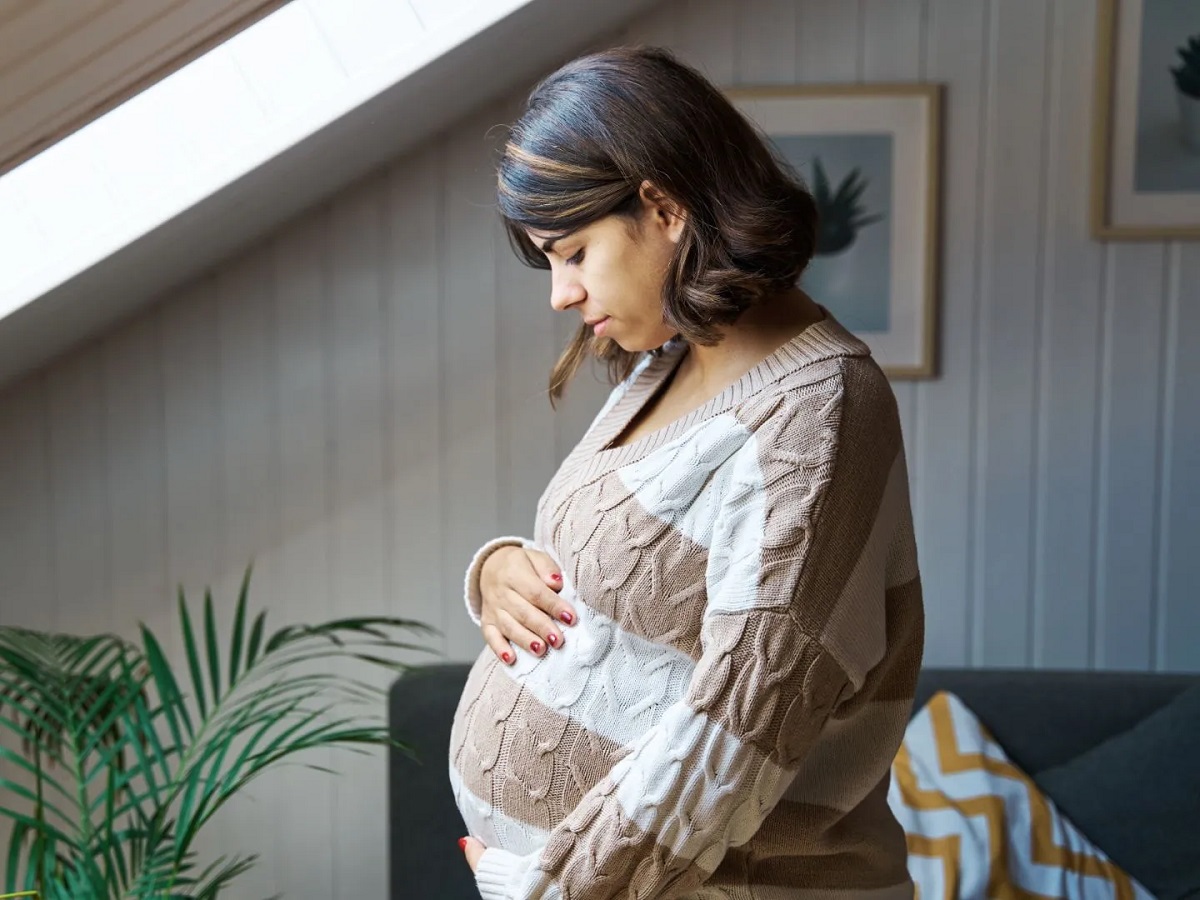Air Pollution And Fertility: Air Pollution Affects Male Reproduction More, While Noise Pollution Increases Infertility In Women

Air Pollution And Fertility: A study published in the British Medical Journal (BMJ) reveals that long-term exposure to traffic noise and fine particulate matter (2.5 micrometers), a type of air pollution, increases the risk of infertility in both men and women.
According to The Guardian, the research indicates that prolonged exposure to traffic noise and particulate matter (PM2.5) is linked to a higher risk of infertility in men and women.
Air Pollution And Fertility, In this study, researchers analyzed data from 526,056 men and 377,850 women, aged 30-45, who were married or cohabiting, had fewer than two children, and lived in Denmark between 2000 and 2017 with a strong intent to have children.
For the research, the average air pollution levels due to PM2.5 from 1995 to 2017 at the participants’ residences were extracted along with diagnosed infertility cases.
Air Pollution And Fertility: Air Pollution Affects Male Reproduction More

Air Pollution And Fertility, Over the 18-year period, 161,072 men and 226,072 women were diagnosed with infertility. After accounting for factors such as income, education level, and occupation, it was found that exposure to PM2.5 particles at levels 2.9 micrograms per cubic meter higher than the average over five years was associated with a 24% increased risk of infertility in men aged 30-45.
However, in women, exposure to PM2.5 particles did not show a significant connection to infertility. On the other hand, exposure to high traffic noise levels—10.2 decibels above average for five years—led to a 14% increased risk of infertility in women over 35. Noise pollution had no effect on infertility rates in women aged 30-35.
Air Pollution And Fertility, The researchers pointed out that previous studies had dismissed the link between air pollution and sperm quality in men, but these studies often produced conflicting or unreliable results. This study concludes that PM2.5 air pollution contributes to an increased risk of infertility in men, while traffic noise pollution is linked to higher infertility rates in women over 35 and possibly in men over 37.
Air Pollution And Fertility, Given the declining birth rates and increasing maternal age reported in many countries, understanding environmental pollutants affecting fertility is crucial. If confirmed, the study suggests that implementing policies to reduce air and noise pollution could help improve birth rates in these countries.
Also Read:
Risk Of Contracting COVID-19: The Mediterranean Diet May Reduce The Risk Of Contracting COVID-19
Impaired Metabolism: A Key Link Between Aging And Disease
Eating Breakfast And Child Well-being: Children Who Eat Breakfast Are Happier
Alcohol Consumption In Elderly: Alcohol Is Harmful To The Elderly, Even In Small Amounts




